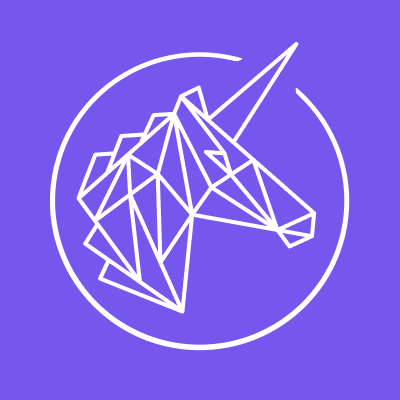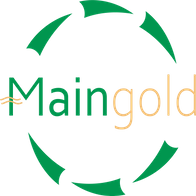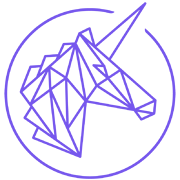Welcome to the second Trustlines Update! We have many exciting advancements that happened in the Trustlines Network ecosystem during May and June of 2021.
You can read more about what was going on during March and April in the first update post.
The Trustlines Network website has received a brand new look and feel! The Trustlines App received a couple of new updates. We had another excellent community call. Further developments were going on with the chapters, and we took part in an online Democratic Economy event.
The brand new Network website
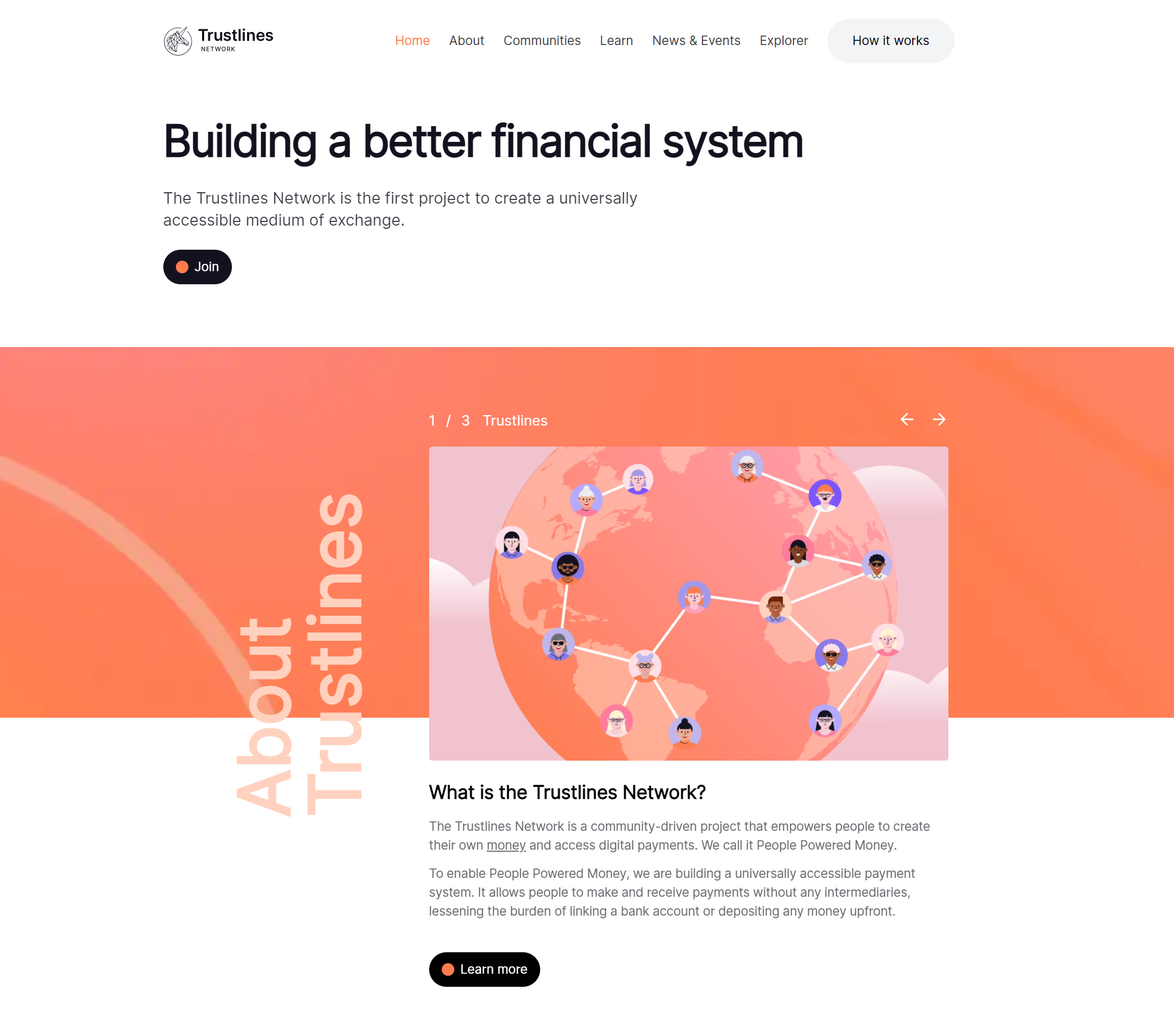
There's now much more information and a fresh new look for people to learn more about the Trustlines Network at the new website. You can discover more about the ecosystem, the vision & mission, about the communities, and become a part of the community. The site's purpose is to educate people that are finding out about the Trustlines Network for the first time. The visitors can then head on over to the Trustlines Docs, the Blog, and the other sites. It allows people to go deeper down the rabbit hole, garner more information, learn about the ecosystem and join the People Powered Money revolution.

In addition, the Explorer page lets you browse the different currency networks. There you can see how different trustlines have been established via the users of the Trustlines App.
More features and bug fixes for the Trustlines App
The continuous development and release schedule lets the users enjoy all the latest updates as soon as they are done. During May and June, there have been two new versions released, the 1.18 and 1.19. The newest version, 1.19, is still, unfortunately, waiting for Apple to review and accept it to be available for iOS users. We expect it to become available to download soon.
The navigation received a new styling throughout the app. You can now easily find a link for contributing translations for different languages directly in the app. We're looking forward to expanding the reach of the app users for more people by having support for their native languages. We want to invite all interested community members to create submissions for even more languages!
We also fixed several bugs based on feedback, and you can find a complete list of the new features and bug fixes at the Changelog.

The community calls are back!
We took a bit of a break from doing the community calls and are now back with a new format. The community calls will no longer be periodic. They used to happen each month but will now occur at different times with fresh new content prepared for each call.
For this episode, we prepared something great! The team from Maingold, a member of the Trustlines Network, joined us. The Maingold team is running a project using a complementary currency in their local area of Frankfurt in Germany.
We also had another guest with Giuseppe Littera from Sardex joining the discussion. Sardex is one of the oldest and most successful complementary currency projects with over 12 years of experience in the field. They originate from Italy, sharing similar goals with Trustlines.
The discussion went on for over an hour, and we had some great questions from the audience. Among the questions, there was an important one regarding how Maingold will be funding their further development.
We want to give our sincere gratitude to both Giuseppe and the Maingold team for joining us, and we hope to have you on again soon! Thanks also to everyone who joined the livestream and sent us questions. Community participation is important to us, and we find it pleasant to be able to answer questions straight from the people.
Check out the episode at the Trustlines Foundation YouTube channel, and be sure to subscribe to the channel for the upcoming episodes.
Trustlines Venezuela Community is consolidating its efforts.
Through an alliance with a digital marketplace Amondi, the Venezuelan Trustlines team has conducted research that allowed them to discover and understand the needs that push forward all kinds of creative solutions to deal with the current crisis. They have completed several one-on-one interviews to gather qualitative information about trade in the country, how people are dealing with it, and what types of solutions they are using, in particular giving and receiving IOUs.
One of the main issues Venezuelans face each day is not being able to use their own currency to conduct commerce. The bolivar is a hyperinflationary currency that devalues from one moment to the next, leaving people unwilling to keep it or transact with it. The alternative is using US dollars, but that also comes at a price. Bank accounts in US dollars are unavailable to most of the population, and dollars in cash are also scarce, making the exchange of value a clumsy mess in which giving change after a purchase is almost impossible.
Well, what happens is that the problem is the [spare] change. There is no [spare] change to give back. I try not to accept bolivars unless it is the last resort...
To deal with that, the Venezuelan people have started issuing their own paper currency in the form of IOUs. Each store gives their customer a piece of paper, signed and sealed, that they can later spend on other goodies. Some of these "personal" currencies are more creative than others, as shown in the image.

The team has also conducted quantitative research using Instagram's polling system. They have shared here a couple of the questions asked to better illustrate the issue at hand (full results will be available soon):
Question: Have you ever received an IOU from a store that couldn't give you change after a purchase?
Out of 2.491 people who answered this question, 57,33% (1.428) said that they have.
Question: When you go to a store, and they can't give you change for your purchase, would you rather spend a whole bill's worth or not buy there?
Out of 6.545 people who answered, 82,72% (5.414) said they'd instead not buy from that store. This correlates to an earlier question in the investigation in which shop owners were asked if they had ever lost a sale because they couldn't give change after a purchase, in which 79,8% answered that they have, indeed, lost sales because of it.
Local merchant in the Chacao Municipality of Caracas.
That's where Trustlines comes in. The team is proposing to use it with the Amondi network, where it can serve as a universal tool for issuing secure IOUs. Using Trustlines, these IOUs can be spent not only with the store that issued it but with other merchants within the network as well. Over the next few weeks, the team is conducting informational calls to guide pilot participants through the onboarding process, and through this, they will be getting the Amondi Trustlines pilot up and running.
Be sure to follow the Trustlines Venezuela team on Instagram at https://instagram.com/trustlines.ve!
Maingold team moving forward with their project.
The Maingold project, which is now using the Trustlines Protocol, has been running for two and a half years. Maingold is a digital community currency backed by the goods and services of participant businesses. Local businesses in Frankfurt will be able to spend Maingold to pay their suppliers and exchange them for Euros with consumers.
In July, the team will hold an information event for interested businesses and continue piloting further.
Learn more about Maingold in episode 6 of the Trustlines Community Call and check out their Instagram account!
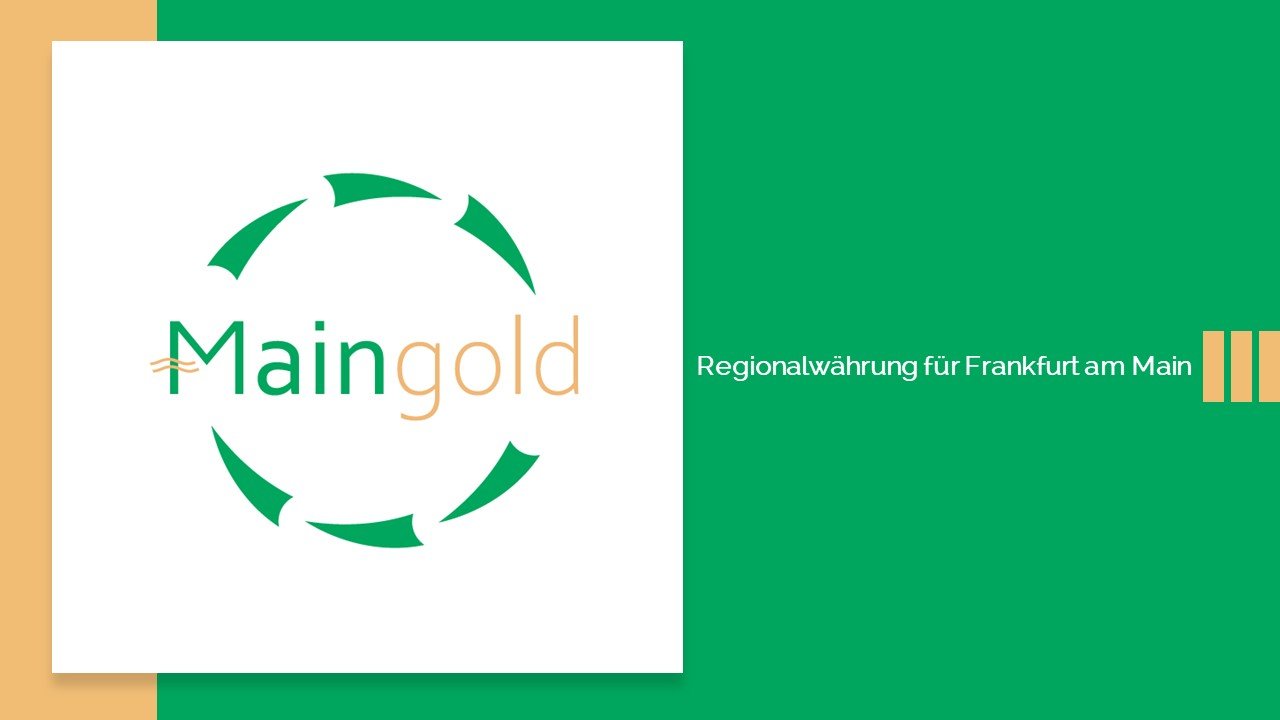
Trustlines at the Democratic Economy event
The Trustlines Network was a proud partner for the "Democratic Currencies, Technology, and Innovation" conference. The conference is a part of the ongoing Lebanese virtual event series of Democratic Economy.
Members of the Trustlines community joined panels on day two of the event. The day was themed Blockchain and Democratic Currencies.
First, Aleeza Howitt joined the "Overview of Existing Digital Currencies" panel to talk about Trustlines and blockchain-based community currencies.
Next, members of the Trustlines Venezuela community, Tomas Rodriguez and Daniel Knobelsdorf, joined the panel "Democratic currencies: Zooming in on Blockchain for Trade & Investment." In this panel, they discussed the case study of Trustlines in Venezuela, informal credit money, and their experiences on the ground.
We have a recap of the event with some videos from the event posted at the Trustlines Forum!
More to come
The project continues to bring the People Powered Money closer to people. We are always looking for new people to expand the network. If you would like to become a chapter leader, onboard your friends, or use the app in your community, do not hesitate to reach out to us. You can reach us on the Trustlines Forum or via the contact form on the Trustlines Network website!
Don't forget to follow us on Twitter and LinkedIn, as well as join our community-driven group on Telegram!
